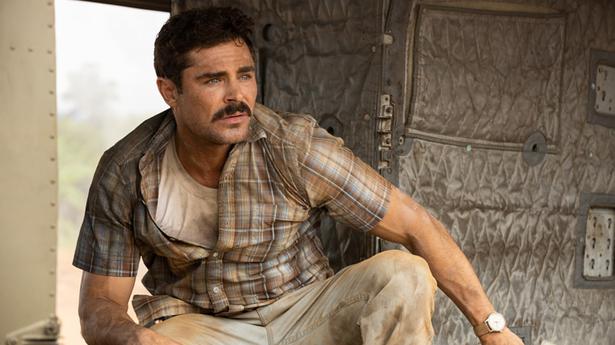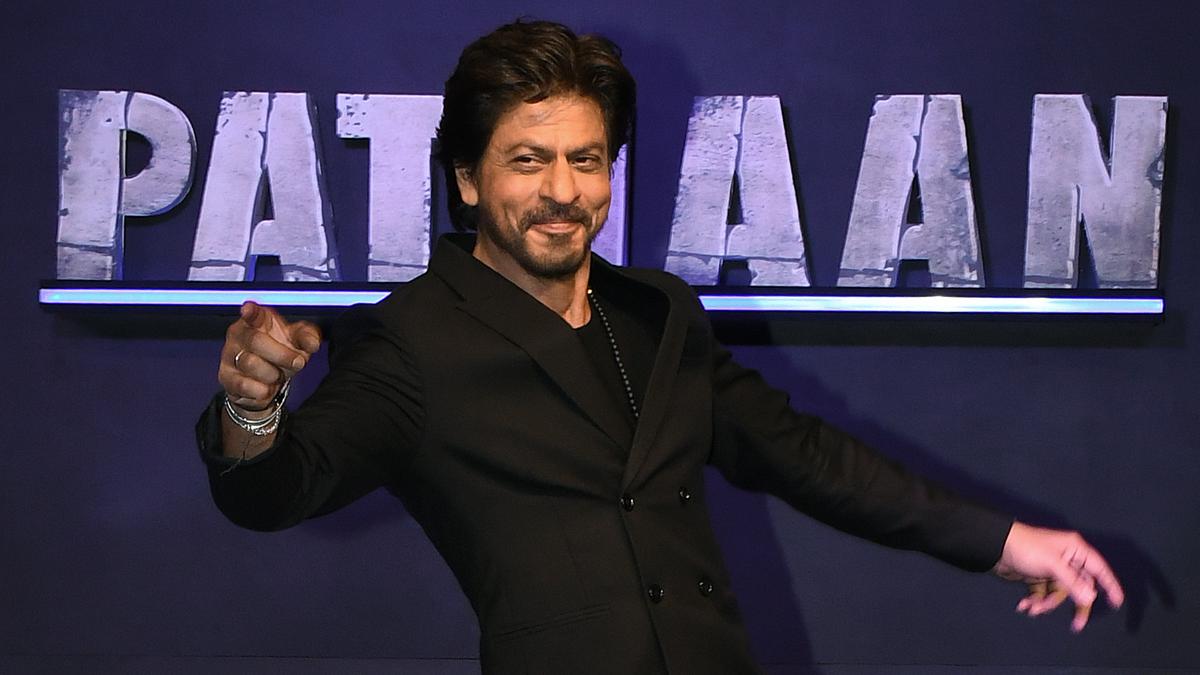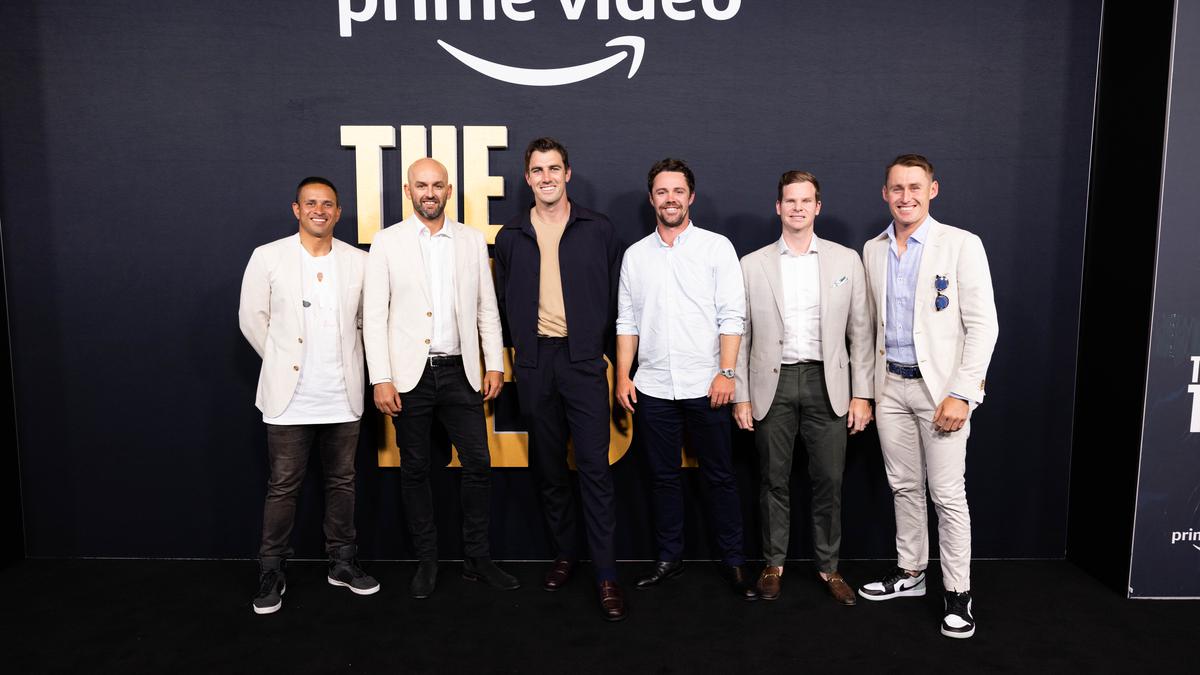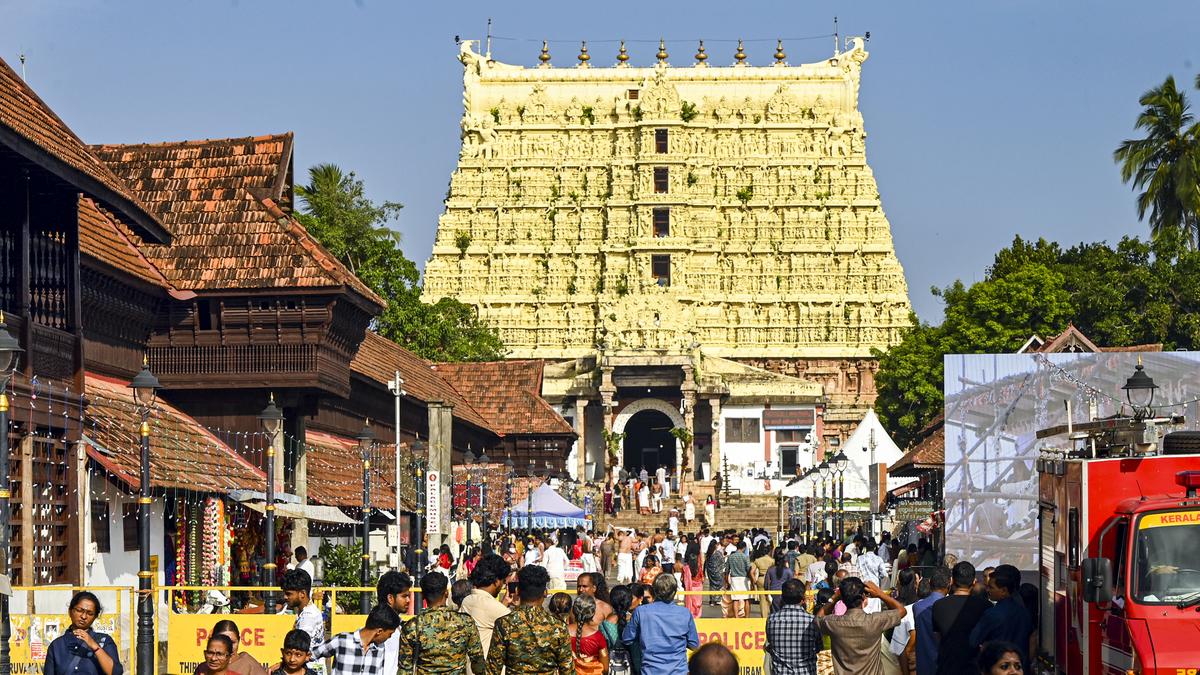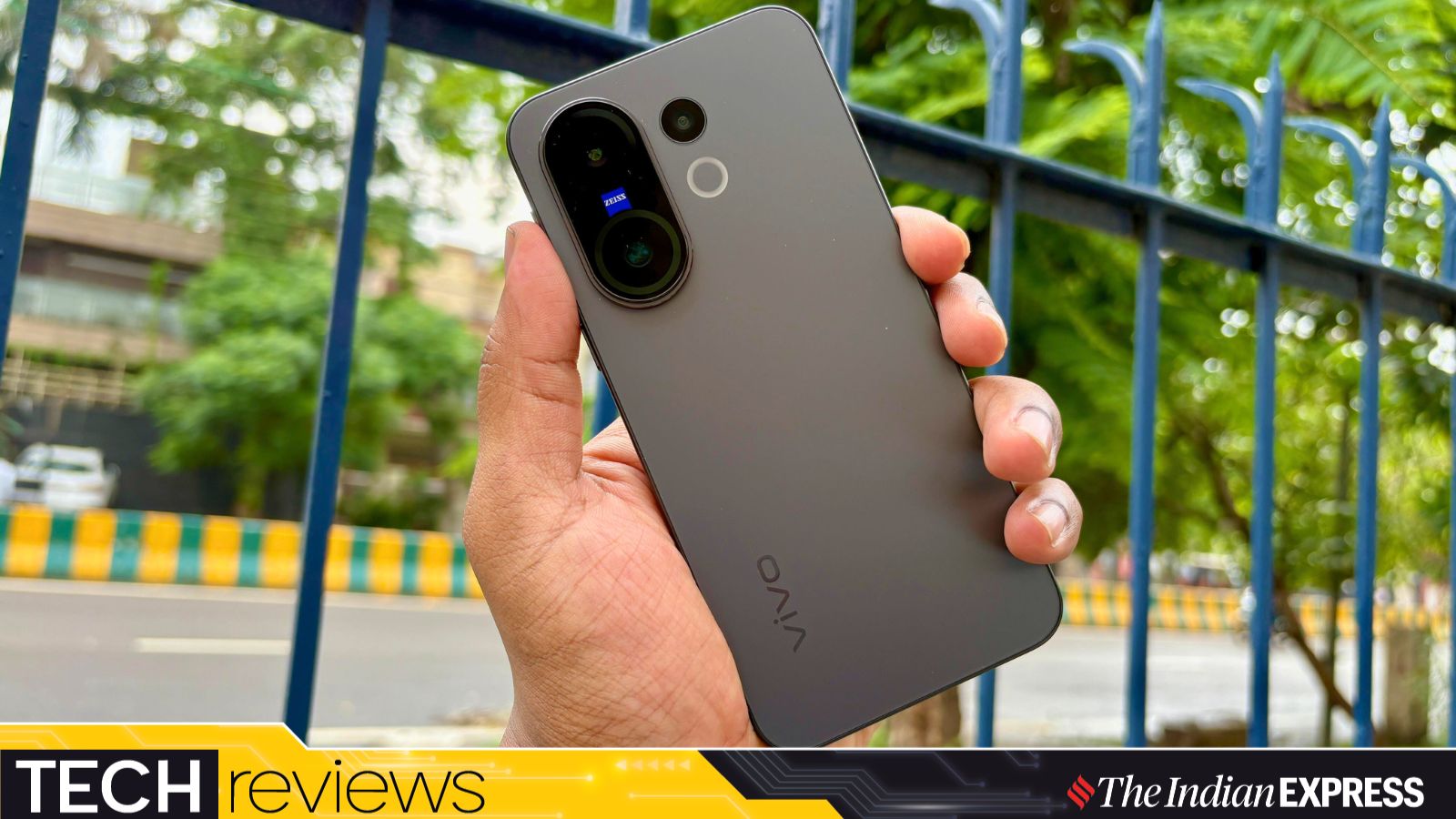In its two-hour runtime, the drama makes you chuckle and cry in equal measure, and all credits go to the writers for the characterisation of the protagonist, and to Zac Efron and Russell Crowe’s performances
In its two-hour runtime, the drama makes you chuckle and cry in equal measure, and all credits go to the writers for the characterisation of the protagonist, and to Zac Efron and Russell Crowe’s performances
Most human endeavours that go against the social norms of a particular generation are often said to be backed by a certain madness that comes out of desperation. But why madness? Imagine that you are a soldier in a distant foreign land, fighting death day in and out, and then — all of a sudden — you find your sweet neighbour from home, who has travelled thousands of miles, step onto the battlefield and give you a can of beer. ‘Confusing’ or ‘baffling’ won’t quite cut it to express what you feel. It’s madness.
Filmmaker Peter Farrelly’s The Greatest Beer Run Ever tells the real-life story of John “Chickie” Donohue (played by a delightful Zac Efron), who did just that. During the Vietnam War, in 1968, this 20-something from New York travelled to the battleground to deliver cans of beer to his friends serving there. There is a race against time as well, since Chickie has to finish his mission in 72 hours to catch his ride back home. The film begins with Chickie caught in a chaotic social climate, that persisted in the US, with anti-war sentiments growing in tandem alongside the increasing number of war casualties.
The Greatest Beer Run Ever
Director: Peter Farrelly
Cast: Zac Efron, Bill Murray, Russell Crowe, Jake Picking
Runtime: 126 minutes
Storyline: In 1968, during the peak of the Vietnam War, a young man from New York goes on a mission to deliver beer to the soldiers who are serving there
Given how unique the storyline sounds, the obvious route the screenplay could have taken would have been to set up the premise, and then elevate the drama in multiple instances. Surprisingly, all of these moments are subdued.
For instance, after he chooses to go to Vietnam, Chickie seems a bit hesitant about his decision, but news spreads like wildfire in the neighbourhood, and he is met by personal requests from families of soldiers stationed in some of the most remote and turbulent war zones there. Hence, spelling such moments out loud keeps the film grounded, and reminds us that this isn’t just any trivial beer run started by a random man’s whims. Another scene with Bill Murray (The Colonel) follows a similar treatment.
This subtle handling of critical points and the innate bizarreness of the situation also gives space for some light-hearted moments, and a reason to let us laugh without trivialising the point the film tries to make. The scene in which Chickie hangs out with a few war correspondents at a local bar in Vietnam, has someone ask why he should deliver beer to his friends when they can get it in Vietnam. When he retorts with a justification that it has to be American beer, the camera pans to a can of American beer in the bar. This subversive humour lets you chuckle a bit, but also reminds you that it isn’t really about just serving the beverage. Another instance is when Chickie and a few soldiers are in the midst of an intense battle, and a soldier asks him, “Are you telling me that you don’t have to be here and you’re here!?”. When he responds in the affirmative, the former just starts raining hellfire on the opposition.
In its two-hour runtime, The Greatest Beer Run Ever can make you chuckle and cry, and all credits go to the writers for the characterisation of the protagonist, and to Efron’s performance. In another film, he might have become a caricaturish, eccentric version of Ted Lasso. Chickie is an ignorant man by all means, but not one who acts upon some made-up fantasy; he represents all the people back home who are made to believe narratives that are the stark opposites of ground reality. His ignorance looms over him every time he realises the heights of how wrong things are, and Efron sails through such pivotal sequences.
Russell Crowe and Zac Efron in a still from the film
If Efron shines throughout, Russell Crowe also floors it in his guest appearance as Arthur Coates, a war correspondent. There’s a magnificent stretch in the third act that also shines a glow on the importance of ethical, truthful reportage. The film states that, in a way, journalists like Arthur are soldiers too. This serves as a pay-off to how sensationalism is portrayed in the initial scenes, and as a point of realisation to Chickie who has been vocal about his issues with the work that Arthur and co. have been doing.
Observing the shots that Arthur takes with his camera itself serves as intriguing activity. He doesn’t just capture moments that could serve his purpose as a reporter, but also moments that freeze time to tell bigger stories. His shutter clicks seconds after he witnesses two soldiers being blown away by a car bomb. In another scene, he clicks a picture of Chickie sleeping on a staircase after a night of horror. Crowe conveys a lot of emotions through his measured stance, despite his minimal screen-time.
The Greatest Beer Run Ever is an austere but powerful reminder of the power of storytelling. There were enough chances for this film to go wrong with its tonality or the overarching anti-war sentiment, which is predictable right from the beginning. But there is a deep conviction in its writing that is aided by other departments like cinematography, production design, background score, and action choreography. Follow in its steps, and it might just make you look at a cold beverage can from a whole new angle.
The Greatest Beer Run Ever is currently streaming on Apple TV+


